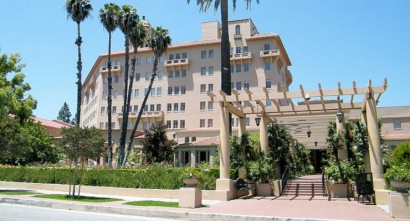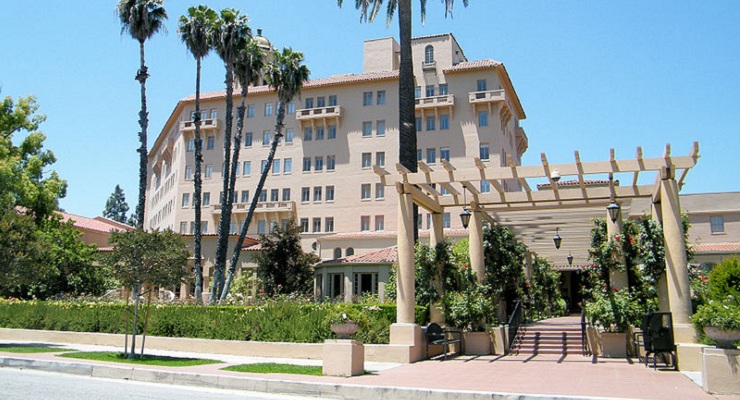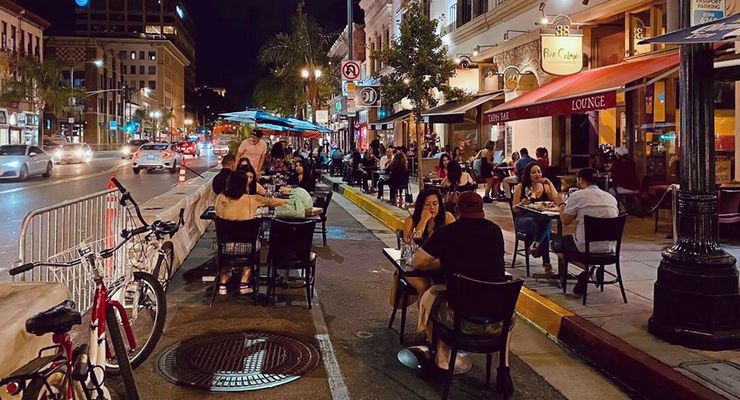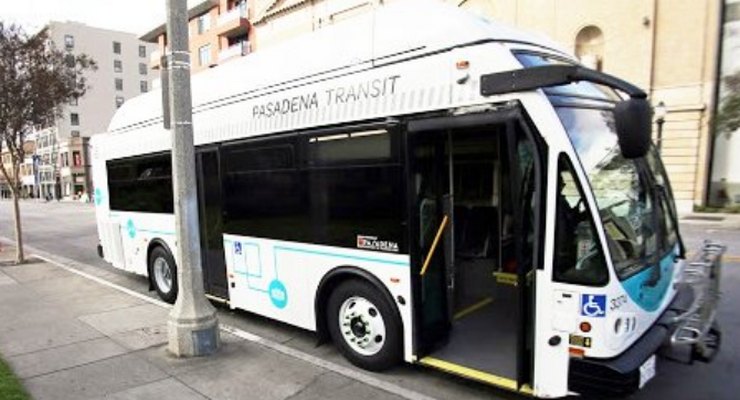 A three-judge panel at the Ninth Circuit in Pasadena has indicated it will allow to continue an eight-year-old lawsuit accusing Nestle and Cargill of aiding and abetting child slavery to get cheap cocoa from plantations in the Ivory Coast.
A three-judge panel at the Ninth Circuit in Pasadena has indicated it will allow to continue an eight-year-old lawsuit accusing Nestle and Cargill of aiding and abetting child slavery to get cheap cocoa from plantations in the Ivory Coast.
In a court hearing Thursday, Circuit Judge Morgan Christen appeared to agree that the six plaintiffs, identified in the lawsuit only as John Doe, can sue Nestle and Cargill under the Alien Tort Statute for giving their slave masters personal spending money to guarantee access to cheaply produced cocoa beans, a Courthouse News report said.
The plaintiffs have alleged they were kidnapped from Mali as children in the 1990s and forced to work on the cocoa plantations in the Ivory Coast, working up to 14 hours per day, six days per week. They were given only scraps of food to eat and were regularly beaten with tree branches.
Children who tried to escape were forced to drink urine, they alleged, or had their feet cut open and pepper rubbed into their wounds.
The plaintiffs added Nestle and Cargill knew the cocoa farmers used child slaves, as the companies’ representatives visited the farms several times a year, according to the report.
In March last year, U.S. District Judge Stephen Wilson dismissed the case saying the case by foreign plaintiffs over foreign allegations didn’t belong in a U.S. court. In his decision, Wilson said the provision of spending money, along with advance payments, equipment and training, and exclusive purchasing deals were “activities that ordinary international businesses engage in.”
Judge Christen on Thursday said she agreed with Wilson that most of the alleged decisions were within the realm of normalcy. But she did not agree that providing spending money was also normal in this case.
“For me, this is the crux of it,” the judge said, according to Courthouse News. Christen said also characterized the spending money as a “subsidy.”
“That seems like just giving money away,” she said. “It does not strike me to be consistent with running a for-profit corporation.”
Stating their position that the case need only satisfy the standard that it touches and concerns the territory of the United States, the plaintiffs said Nestle’s and Cargill’s decisions to aid and abet slavery touch and concern the United States because the decisions to give the farmers money and technical support were made at the defendants’ headquarters in the U.S.
Attorneys for Nestle and Cargill said the plaintiffs must satisfy a two-step framework established in a Supreme Court case in 2016 (RJR Nabisco, Inc. v. European Community). Under such a framework, courts must ask whether the Alien Tort Statute applies outside the U.S., and if it doesn’t, whether the “conduct relevant to the statute’s focus” occurred in the U.S.
The attorneys said the suit is barred because the focus of the plaintiffs’ injury is the slavery that occurred in Ivory Coast, not the alleged aiding-and-abetting that occurred in the United States.
One of the plaintiffs’ lawyers insisted the touch and concern test was sufficient to plead an Alien Tort Statute claim because the Supreme Court’s opinion in Jesner v. Arab Bank last month referenced the test and omitted RJR Nabisco. Paul Hoffman, of Schonbrun Seplow Harris and Hoffman in Los Angeles, added his client’s claims also satisfy the two-step test.
“We satisfy even the most stringent test in the sense that we allege aiding and abetting on U.S. territory,” he said in the Courthouse News report.

















